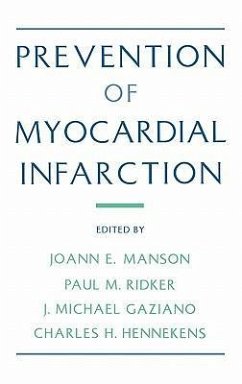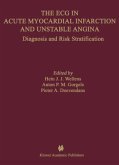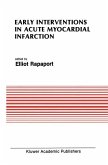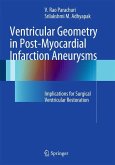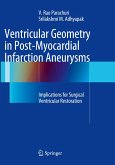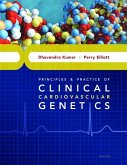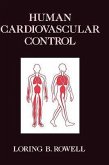Coronary heart disease remains the leading cause of death in both men and women in most industrialized countries. Yet it is largely preventable, and health care providers can acquire the skills to help their patients reduce their risks substantially. Traditional risk factors such as cigarette smoking, hypercholesterolimia, hypertension, sedentary lifestyle, obesity and glucose intolerance explain a major proportion of coronary events. Recent evidence also suggests important adjunctive roles for hormone replacement therapy in postmenopausal women, and aspirin prophlaxis in individuals at high risk of a first myocardial infarction. Emerging evidence indicates an important role for diet in the prevention of heart disease. Although the importance of lifestyle and behavioral modifications may well be known among physicians and other health-care providers, the implementation of this knowledge has been limited. One reason is that the information supporting the value, feasibility and cost-effectiveness of risk-reduction strategies has not been previously synthesized and made widely available to health-care providers in office and community settings. Prevention of Myocardial Infarction fills these critical gaps by providing a state-of-the-art compendium of the scientific evidence on the efficacy of coronary disease prevention, while focusing on helping clinicians develop intervention skills to utilize available knowledge. Chapters by leading authorities in cardiovascular epidemiology, clinical cardiology, cost-effectiveness analysis, and public health translate the theory of preventive cardiology into feasible implementation. The counseling and other intervention strategiesdescribed in this textbook have documented clinical efficacy and cost-effectiveness, and they require little time to learn or implement. The book is written mainly for primary care providers, including general internists and family physicians, but will also be of interest to
Hinweis: Dieser Artikel kann nur an eine deutsche Lieferadresse ausgeliefert werden.
Hinweis: Dieser Artikel kann nur an eine deutsche Lieferadresse ausgeliefert werden.

